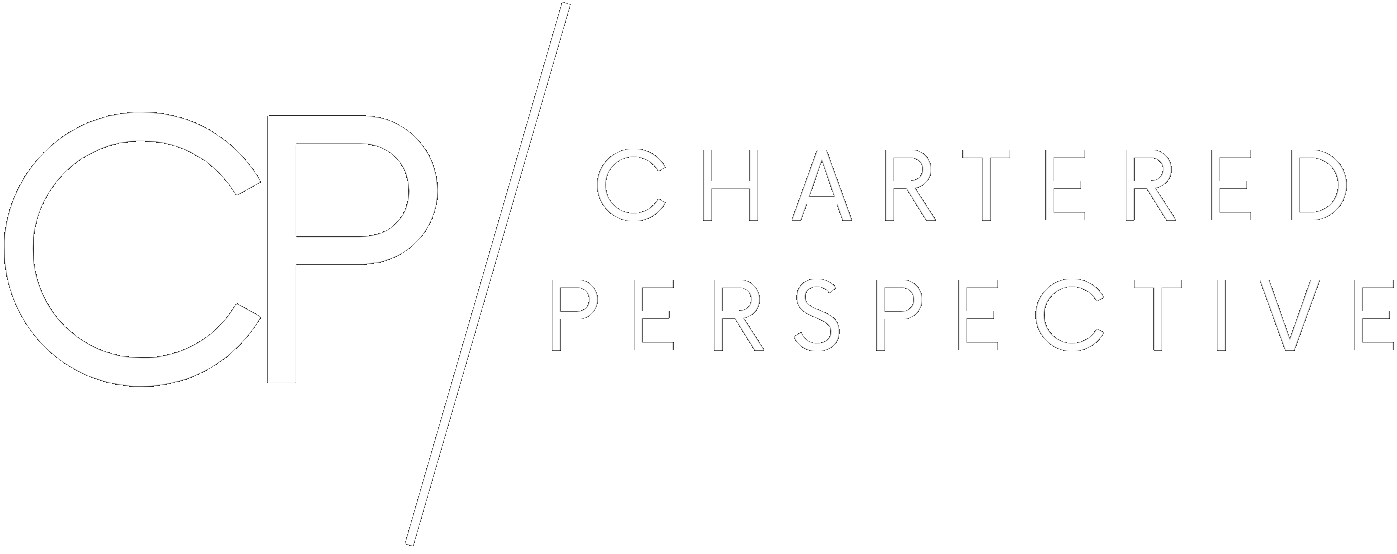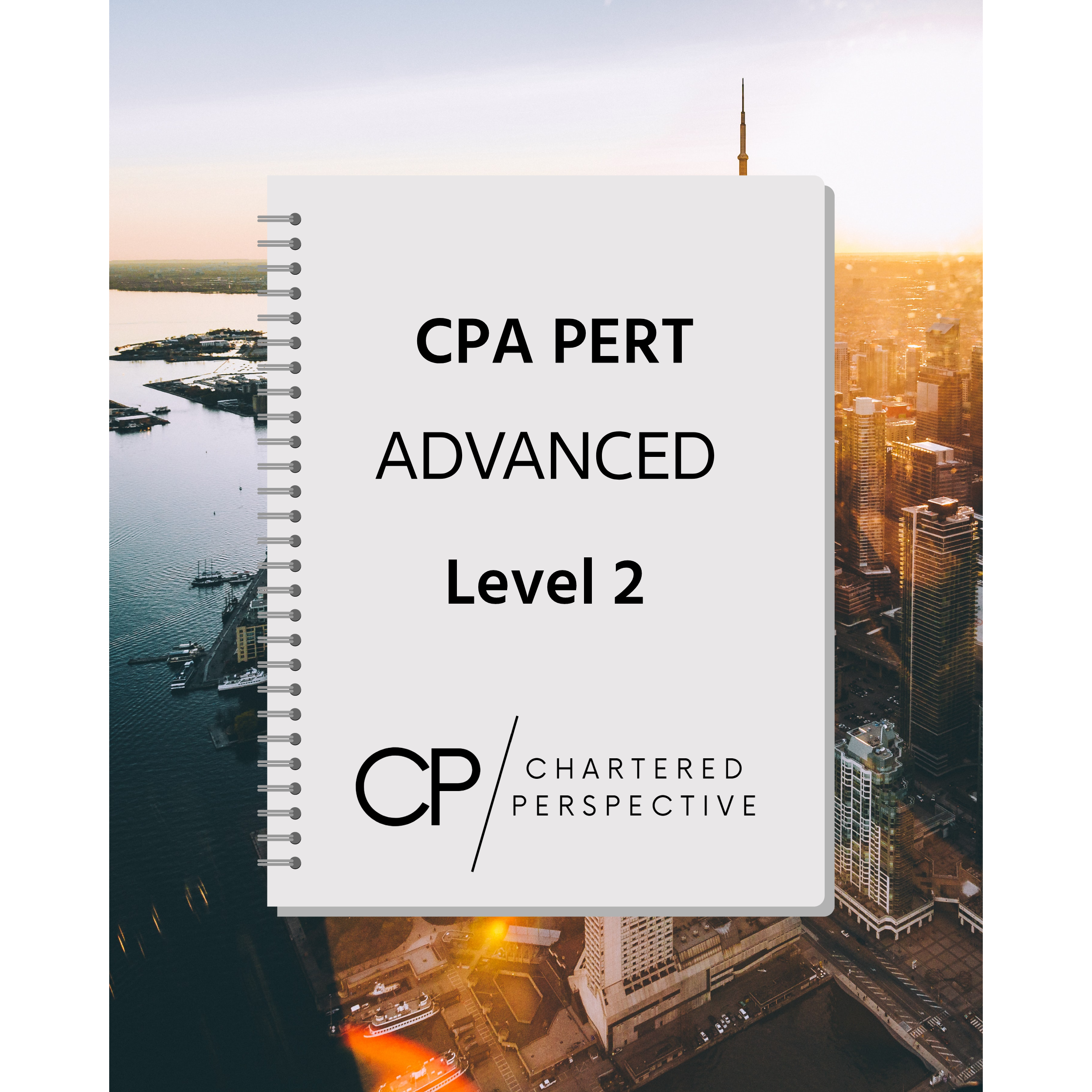Need Help with CPA PERT? You’re not Alone (CPA Canada)
Using CPA Canada’s Practical Experience Reporting Tool (PERT) to submit your experience reports is a long and confusing process. There are minimal resources or guidance, a lot of the material is unclear or seems contradictory, and candidates in general, particularly those reporting under the Experience Verification Route (EVR), struggle with obtaining the required competencies and proficiencies in order to be awarded the Canadian CPA designation even after passing all of the modules and exams.
If you are a CPA candidate who needs a helping hand with completing the PERT requirements, please check out the Chartered Perspective Store for several useful guides and templates to assist you on your CPA journey.
Below are the top reasons why the Practical Experience Requirement (PER) process is challenging, from the perspective of a recently-designated CPA in Ontario:
1. Using PERT is Complex
Some CPA candidates may find the CPA PERT reporting tool to be overly complex and difficult to navigate. The tool requires candidates to record a significant amount of information about their work experience, including specific details about the tasks and competencies they have developed, with minimal guidance and direction given to candidates. This can be overwhelming for some individuals, particularly those who are new to the profession and do not yet know how to describe their experience. Further, understanding requirements surrounding length of experience reports, frequency f reporting, mentor reviews, and profession reviews, all adds an additional layer of complexity.
2. Writing Experience Reports is Time-Consuming
The CPA PERT reporting process can be time-consuming, as candidates are required to submit periodic reports documenting their progress. This can be challenging for candidates who are working full-time jobs or have other personal commitments. The experience reporting process becomes particularly cumbersome as candidates begin to attempt to obtain Level 1 and Level 2 proficiencies, as the requirements increase and become more strict with the higher levels. Planning, writing, and reviewing one’s reports can take several hours for each competency, and candidates generally report on multiple competencies (technical and enabling) in the same report.
3. Obtaining the Required CPA-Assessed Proficiency Levels is Challenging
The assessment process for the CPA PERT can be rigorous, with reports and submissions being reviewed by CPA mentors. This can be a stressful process for candidates, particularly if they are concerned about whether they are meeting the required competencies. As mentioned above, the review process only becomes more intense as candidates move through the program and start to self-assess at Level 1 and Level 2 proficiency.
For this reason, Chartered Perspective is pleased to offer several resources to CPA candidates seeking assistance with submitting PERT experience reports that will achieve a certain level of proficiency for both technical and enabling competencies. The PERT Guides in the store range from PERT Basic (Introduction to PERT and proficiency levels 0 and 1) to PERT Advanced (help with proficiency level 2) or PERT Premium (help with the entire PERT journey from introduction to level 2). Each guide contains several example reports and answers with an accompanying outline, commentary, and analysis, to help you understand what type of report earns a certain proficiency level. Check out the store or the links below for more details:
4. Delays in certification
Delays in the CPA PERT reporting and assessment process could cause delays in obtaining their CPA designation. This can be particularly problematic for individuals who have job offers or other opportunities pending on obtaining their designation, or are close to the PER completion date after which all of their CPA progress lapses. For this reason, it is very important to submit strong PERT reports as discussed in this linked blog post in order to avoid resubmissions and delays to obtaining the designation.
While the CPA PERT reporting tool is an important component of obtaining the CPA designation in Canada, the complexity and time-consuming nature of the process can be challenging for some candidates. However, it's important to note that the CPA PERT is designed to ensure that candidates are gaining the necessary practical experience and competencies to become successful CPAs.






